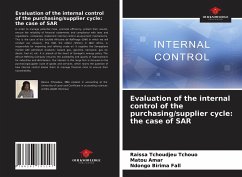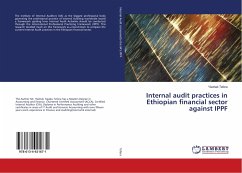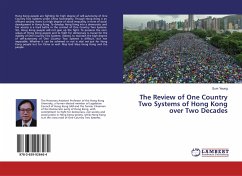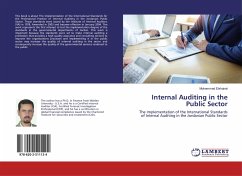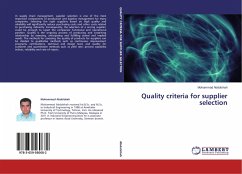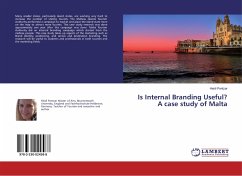In order to manage potential risks, promote efficiency, protect their assets, ensure the reliability of financial statements and compliance with laws and regulations, companies implement internal control assessment mechanisms. This is the case of the Société Africaine de Raffinage (SAR) in which we will conduct our analysis. The SAR, the oldest refinery in West Africa, is responsible for importing and refining crude oil. It supplies the Senegalese market with petroleum products: butane gas, gasoline, kerosene, gas oil, diesel, fuel oil, etc. It is placed at the heart of Senegal's energy policy. The African Refining Company ensures the availability and quality of hydrocarbons for industries and distributors. Our interest in this large firm is focused on the purchasing/supplier cycle of goods and services, which raises the question of how internal control allows them to manage financial risks to ensure their sustainability.

